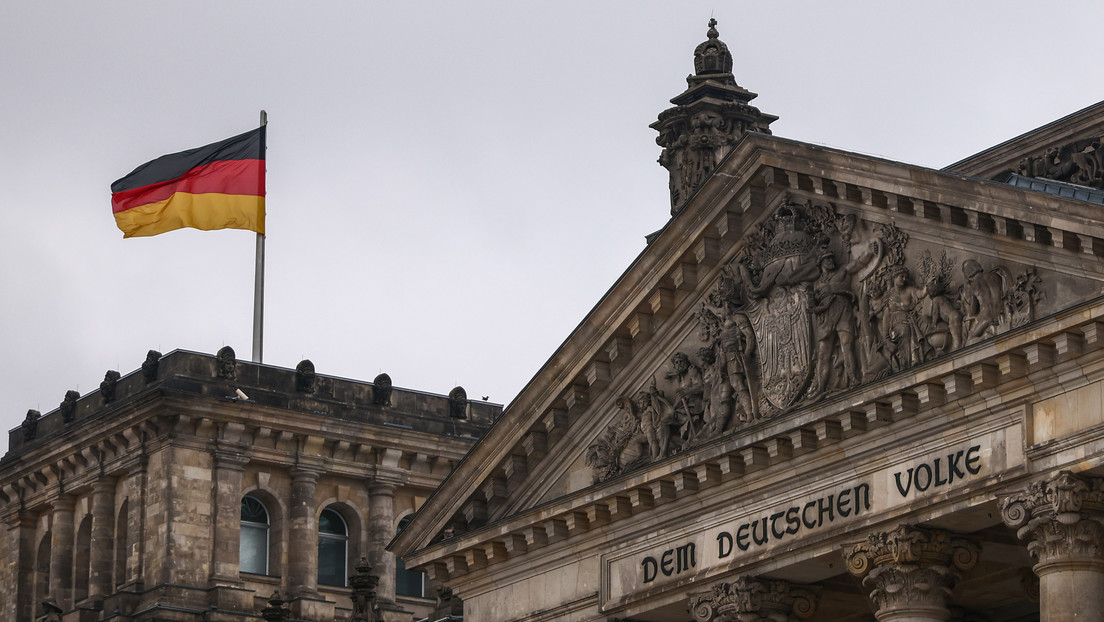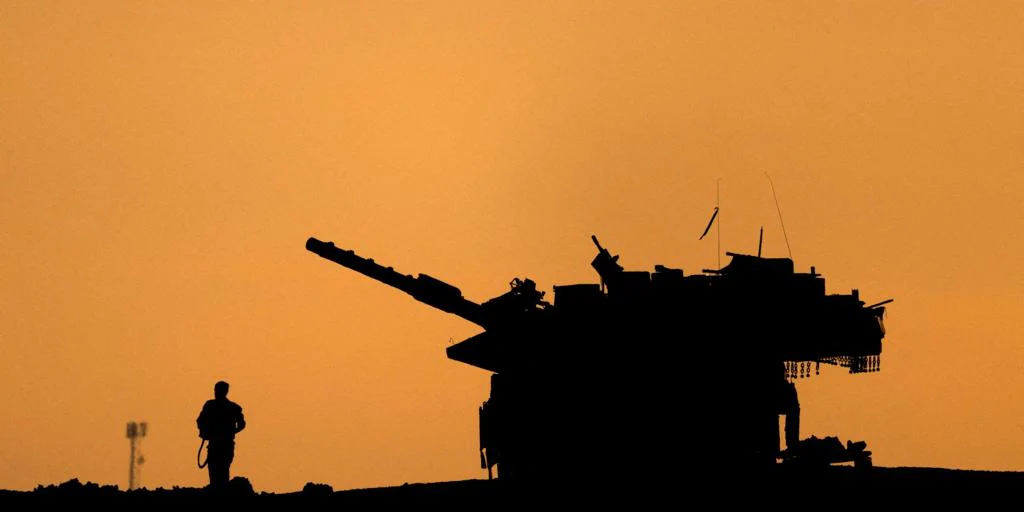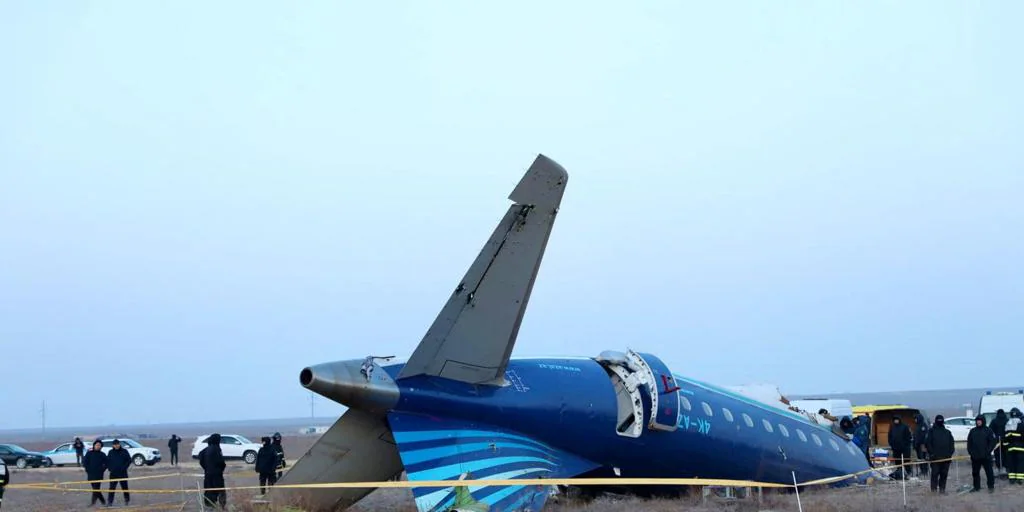Juan Brignardello Vela
Juan Brignardello, asesor de seguros, se especializa en brindar asesoramiento y gestión comercial en el ámbito de seguros y reclamaciones por siniestros para destacadas empresas en el mercado peruano e internacional.




In the early hours of Thursday, an Israeli airstrike in the center of the Gaza Strip resulted in the deaths of five journalists from Al Quds TV. This tragic event occurred in front of Al Awda hospital in Nuseirat, where the reporters were working in a clearly marked white van labeled "press" in red. Images released by Palestinian media after the attack show the magnitude of the assault and the devastating impact it has had on local journalism teams. The victims, identified as Fadi Hassouna, Ibrahim al Sheikh Ali, Mohammed al Ladah, Faisal Abu al Qumsan, and Ayman al Jadi, were in the area to cover events amid the escalating violence in Gaza. Tragically, Ayman al Jadi had gone to the hospital to await the birth of his first child, adding a layer of human pain to this already grim situation. This attack has not only claimed lives but also left many families in mourning and an uncertain future for the Palestinian press. The death toll from the night’s bombings stands at approximately twenty people, including the five journalists. Gaza’s health authorities have reported that more than 30 people were injured in this attack, underscoring the intensification of violence in the region. These figures are part of a broader context of ongoing hostilities that have resulted in an alarming number of civilian casualties, including women and children. Since the beginning of the Israeli offensive in Gaza on October 7, 2023, approximately 45,399 Palestinians have been documented as killed due to actions by the Israeli military. This conflict has kept international journalists away from the area, forcing Palestinian reporters to be the sole witnesses to events in an environment of increasing repression and violence. This situation has led to the deaths of at least 201 Palestinian journalists since the conflict began, highlighting the high cost that journalists attempting to report from Gaza have had to pay. The reaction from Gaza’s authorities was immediate. A statement from the government’s media office has called on international organizations such as the International Federation of Journalists and the Arab Journalists Union to condemn what is described as "systematic crimes" against the press in the region. Additionally, a call has been made to the international community to protect journalists and halt what they consider a "genocide." On the other hand, the Israeli military has defended its actions, describing the attack as a "targeted strike" against what they label a "squad of the terrorist organization Islamic Jihad." However, this narrative has been met with skepticism, especially in light of the lack of concrete evidence supporting such accusations. The death of Fadi Hassouna, the fifth journalist, has not been explained in the military's official statement, raising doubts about the veracity of the information provided by Israeli authorities. Human rights organizations and journalist protection groups have expressed their concern over what they describe as an "unprecedented massacre." Reporters Without Borders has taken their complaint to the International Criminal Court, requesting an investigation into the systematic attacks on the press in Gaza and denouncing the lack of protection for journalists in armed conflict, where International Humanitarian Law should ensure the safety of civilian reporters. The role of journalists in conflicts of this magnitude is crucial, not only to inform the world about what is happening but also to document human rights violations. However, in Gaza, being a journalist has become an extremely dangerous task. Recent history is filled with tragedies, such as that of Al Jazeera correspondent Wael Dahdouh, who has lost several family members due to bombings, and whose experience reflects the imminent danger faced by information professionals in the region. The violence against journalists in Gaza raises serious questions about press freedom and the safety of those trying to report the truth amid chaos. The case of Shireen Abu Akleh, a Palestinian-American journalist killed in 2022, resonates deeply in this context. Her death, a symbol of violence against reporters, has left an indelible mark on the collective memory of Palestinian society and has drawn the world's attention to the fragility of reporters' rights in armed conflicts. The future of press freedom in Gaza is at stake, and the international community has a duty to protect those who risk their lives to tell the stories of those who cannot. As the conflict continues and the death toll rises, the voice of journalists becomes more vital than ever. It is imperative that the world does not remain silent in the face of systematic violence and that concrete measures are taken to protect journalists and ensure their right to report without fear of retaliation.
Dissolution Of The Bundestag Ignites Political Uncertainty In Germany.

Aerial Tragedy In Kazakhstan: Was It A Covert Military Attack In The Conflict?
Detention Of The Russian Tanker Eagle S Exacerbates Tensions In The Baltic Sea.




